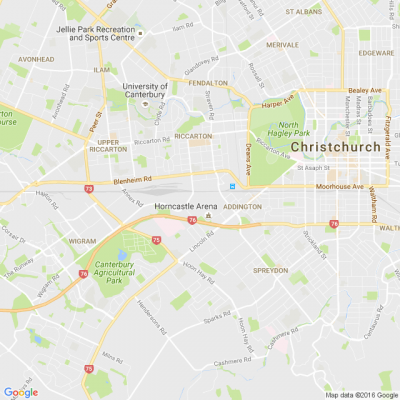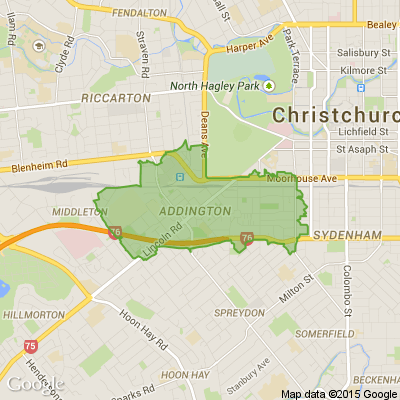Thousands of Christchurch residents stung with bill for using too much water
From reporter Tina Law:
More than 15,000 Christchurch residents have now been stung with a bill for using too much water this summer.
The average bill is $84, but one Woolston property has managed to rack up $2884 worth of excess water charges.
The property has used 2.1 million litres of water across the quarter, which amounts to an average of 23,743 litres each day for roughly 90 days – about 34 times more than the 700-litre daily allowance.
A property in Sumner property received a $1622 bill after churning through about 12,300 litres of water each day between October and January.
In October, the Christchurch City Council started charging people a fixed rate of $1.35 for every 1000 litres they use over the 700-litre limit every quarter, which is the equivalent of 100 toilet flushes. The average residential use is about 540 litres.
The charges were designed to reduce extreme demand on the network, particularly over summer.
Council resources general manager Leah Scales said last month, anyone with a bill in the hundreds of dollars should check for leaks.
“If they identify and fix that leak they will be eligible for a remission of the charges.”
The council did not say last week how many people had paid their bill, but in mid-March it said 812 had already paid.
People have eight weeks to pay their excess water bill, with the first invoices due later this month.
The charges have sparked criticism from some residents, with some refusing to pay and one man, Phil Yarrall has not mown his grass verge since October in protest against the charge.
Yarrall, who has yet to receive a bill, believes it is discriminatory, arbitrary in its application and nothing more than a creeping tax.
In response to public criticism the council is consulting the public as part of its draft annual plan on whether it should increase the daily allowance from 700 litres to 900 litres.
Others have been upset that about 25,365 homes are exempt from the water charge because they share a water meter with their neighbours.
However, Scales said 194 properties out of the 25,365 with shared water meters would have received a bill – less than 1% of the total.
Meters would be installed in those properties first.
Letters were sent to the city’s top water users last year, encouraging them to check their properties for leaks before the charges came into place.
Some households could be eligible for a remission, including families with more than eight members, if the high use is due to a personal medical condition and if the high use was caused by a leak that was repaired promptly.
Water use has decreased by more than 10% since charges were brought in, saving millions of litres
However, the council estimates about 38 million litres of water a day is lost from the city’s pipes on public and private land – about 15 Olympic-sized swimming pools worth.
Despite efforts by the council to reduce leaks in recent years, the amount of water lost keeps going up and now represents 27% of all water use, up from 18% in 2018.

Poll: Should the government levy industries that contribute to financial hardship?
As reported in the Post, there’s a $30 million funding gap in financial mentoring. This has led to services closing and mentors stepping in unpaid just to keep helping people in need 🪙💰🪙
One proposed solution? Small levies on industries that profit from financial hardship — like banks, casinos, and similar companies.
So we want to hear what you think:
Should the government ask these industries to contribute?

-
59.5% Yes, supporting people is important!
-
26.2% No, individuals should take responsibility
-
14.4% ... It is complicated
Tall boy / drawers
Hi am wondering if anyone has a good sized Tallboy or set of drawers suitable for teenage boy.
Please also in good reasonable condition
Either free or minimal cost am happy to pick up in Chch.
Thanks very much
Addictive Eaters Anonymous
After ten years of depression, my life had hit rock bottom
I remember being ‘different’ around food for most of my life. This included things such as being the person who had two cream buns at morning tea when everyone else had one; eating icing sugar by the spoonful directly from the packet; and being the family member who went into the kitchen after dinner to eat the leftovers. There are numerous other examples – too many to list. I could overeat anything. If I couldn’t get my preferred favourites (e.g. chocolate), I’d be eating the vegetables.







 Loading…
Loading…